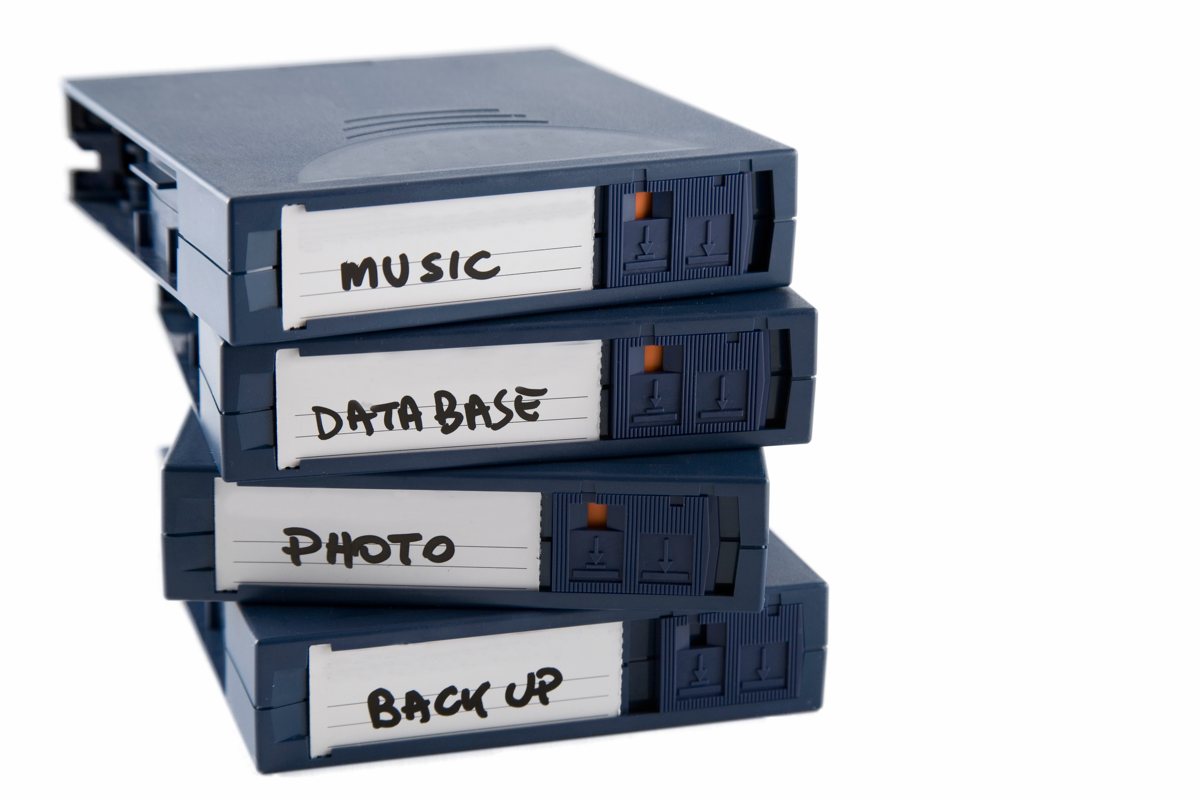With recent news of high-profile user accounts hacked on iCloud, Apple’s popular online service that offers remote backups, some of us might be starting to consider ‘cloud’ a dirty word. But don’t believe the hype; ‘cloud’ is just a fancy new word for an old idea.
Online backups have been with us for a long time, but in recent years they’ve been given the fresh new handle of ‘cloud backups’.

At a time when we should all be backing up more, the swell of cloud-hysteria has led to quite a few concerned netizens turning away from one of the most useful ways to back up data. It doesn’t have to come to this! Services such as Carbonite, Mozy, Bitcasa and CrashPlan provide stable, useful backup services.
When considering the risk, remember that much of your data is still vulnerable to hackers while it’s sitting on your own hard drive. If you’re like most computer users, you don’t use encryption on your drive, and you often transmit data through insecure channels, like email.
In short, your data in a cloud backup might be even more secure than on your desktop. More importantly, online backups can be a reliable and secure way to protect yourself from devastating data loss. Though many computer users spend hours sweating over hackers, password leaks and other breaches, data loss due to hardware or software failure is actually the most looming threat facing the average user.
Remember that Internet security is a two-way street. Your data’s security is the responsibility of both you and your service provider. By using some simple tricks on your cloud accounts, you can hold up your end of the security deal while your backup service does the rest.
Double up
If you’re concerned about hackers breaking into your online backups, or even worried that the employees of your backup service could potentially see your files, you can use a program like TrueCrypt or 7-Zip on Windows, or Disk Utility on OS X, to create your own encrypted archives out of your files before you upload them to your online backup service.
For those in a bandwidth pinch, this can also make uploading your backups easier. By zipping up your files inside an archive, you can make them smaller and reduce the amount of files you’ll need to upload. Now that’s what we call a win-win.
Take a look at our guide to encryption for the full how-to.
Consider going premium
While some services like Mozy and Just Cloud offer starter accounts for free, the more advanced, paid plans will allow you to set your own encryption key rather than using the service’s assigned one. This means that even your online backup provider won’t be able to unlock your files. Other features might include technical support, backup of multiple devices and even data recovery.
Taking charge of your own backups is often quite a lot more work than many people bargain for. If you want to do backups right, you need to be making multiple backups, too.
In security-speak, the golden rule is 3-2-1: have at least 3 copies of any data you can’t live without, in 2 different formats, with 1 copy off site. (This last step ensures that any one disaster is unlikely to take out both your data and your backups at the same time.)
Cloud services make the perfect off-site backup solution, as well as counting as one of your two formats. If you want extra insurance, you can use multiple cloud services, or invest in an external hard disk to double up.
If you’re still feeling hesitant, keep in mind that cloud backup services take your privacy very seriously, utilising strong forms of encryption such as AES and Blowfish for their storage servers. While files are being uploaded and downloaded, they’re also being transferred over an encrypted, secure connection to prevent eavesdroppers.
In fact, most cloud backups use the same encryption strength as what you’ll find major banks using when you make a transaction.
When it comes to choosing a backup solution, don’t underestimate convenience—after all, you’ll need to be using it regularly. Automated backups are the most foolproof way to keep your saved files up-to-date.
Most importantly, don’t fear the Cloud. While hacking might well be a real threat, the truth is that most users lose data due to accidents like hardware failure or software glitches, rather than data breaches.
With some due diligence, cloud backups can provide you with a secure and incredibly useful tool in your data security arsenal.
